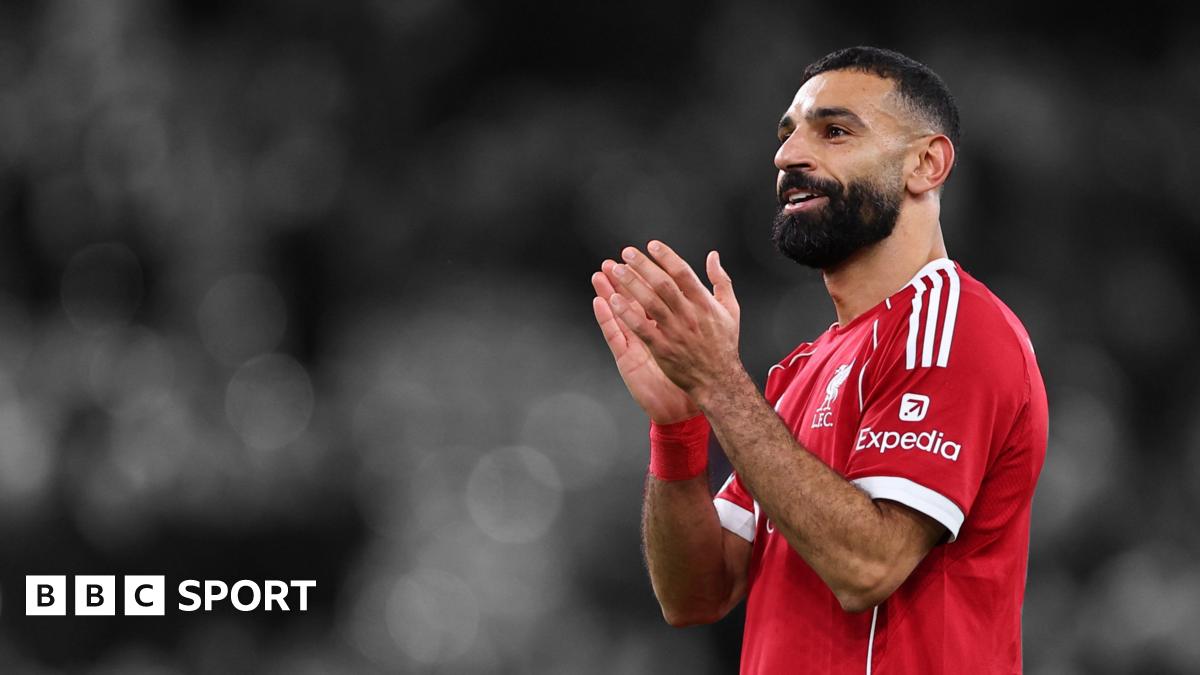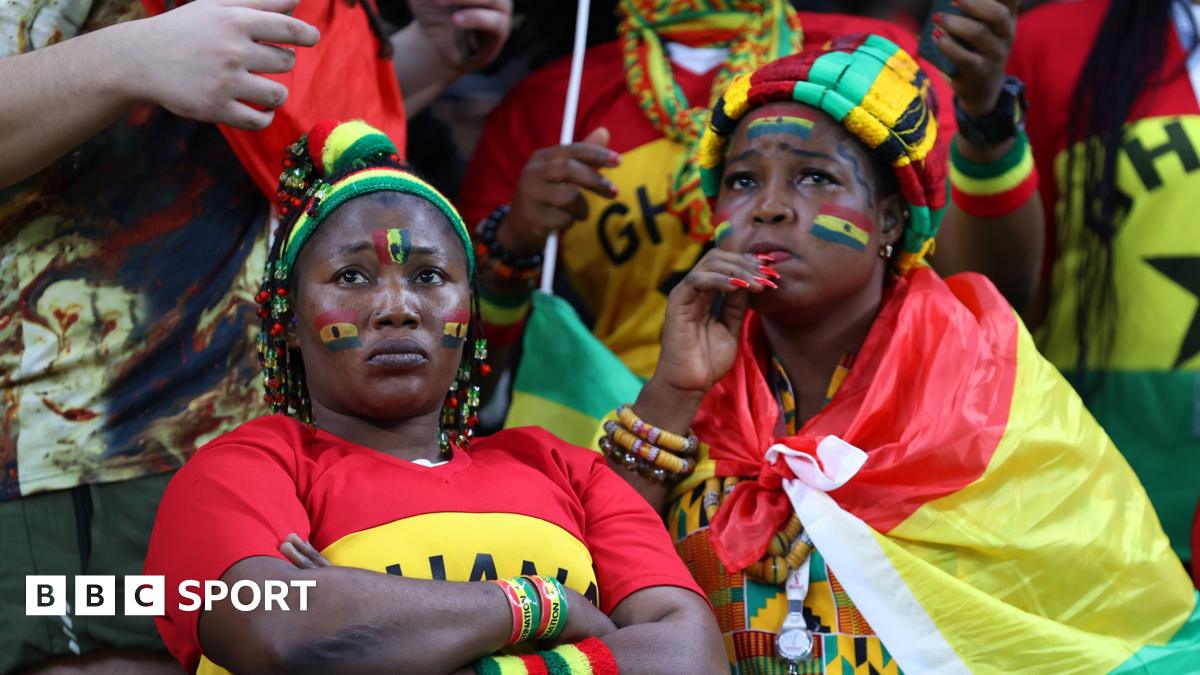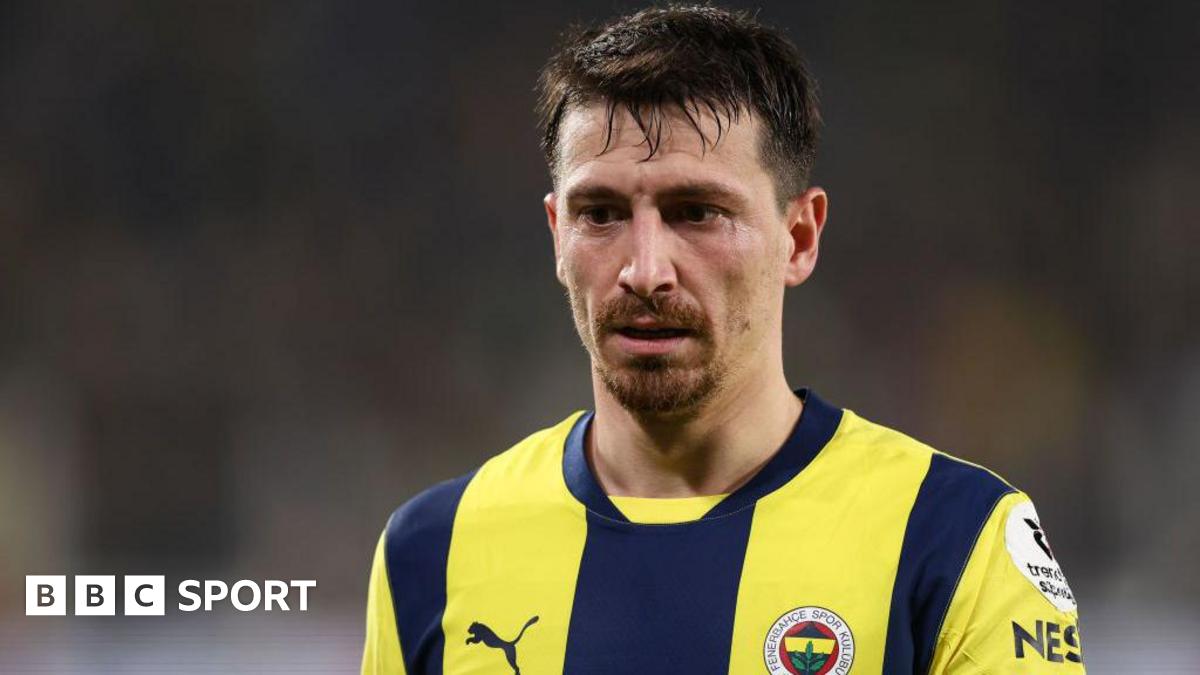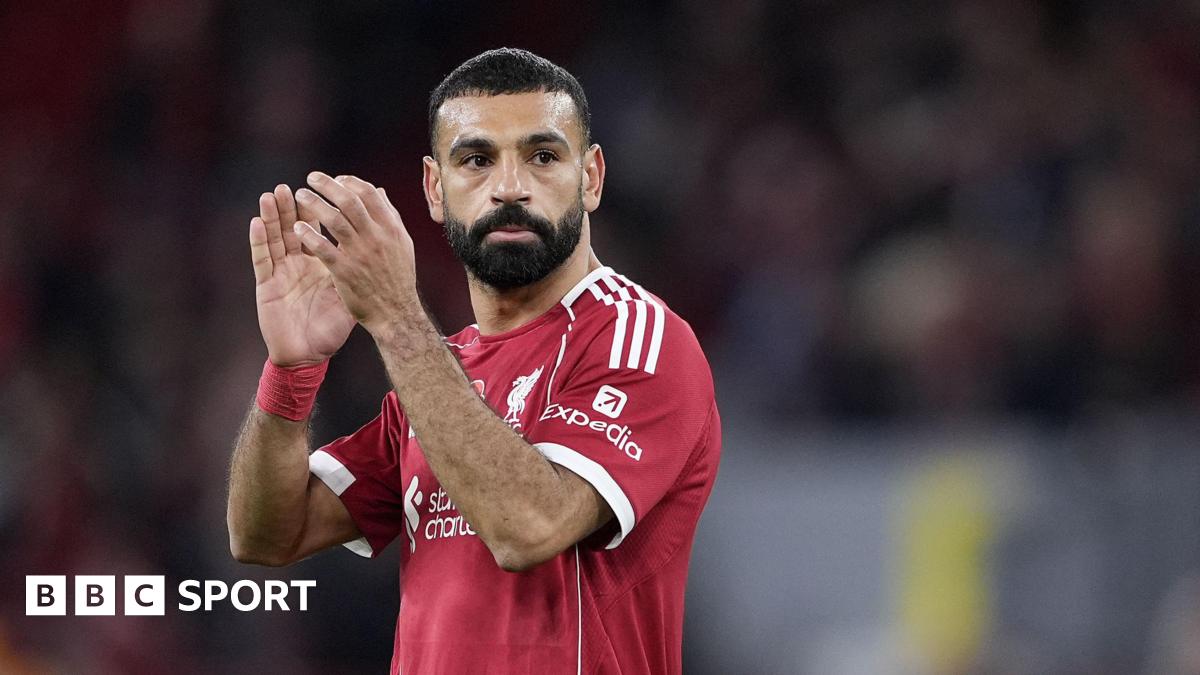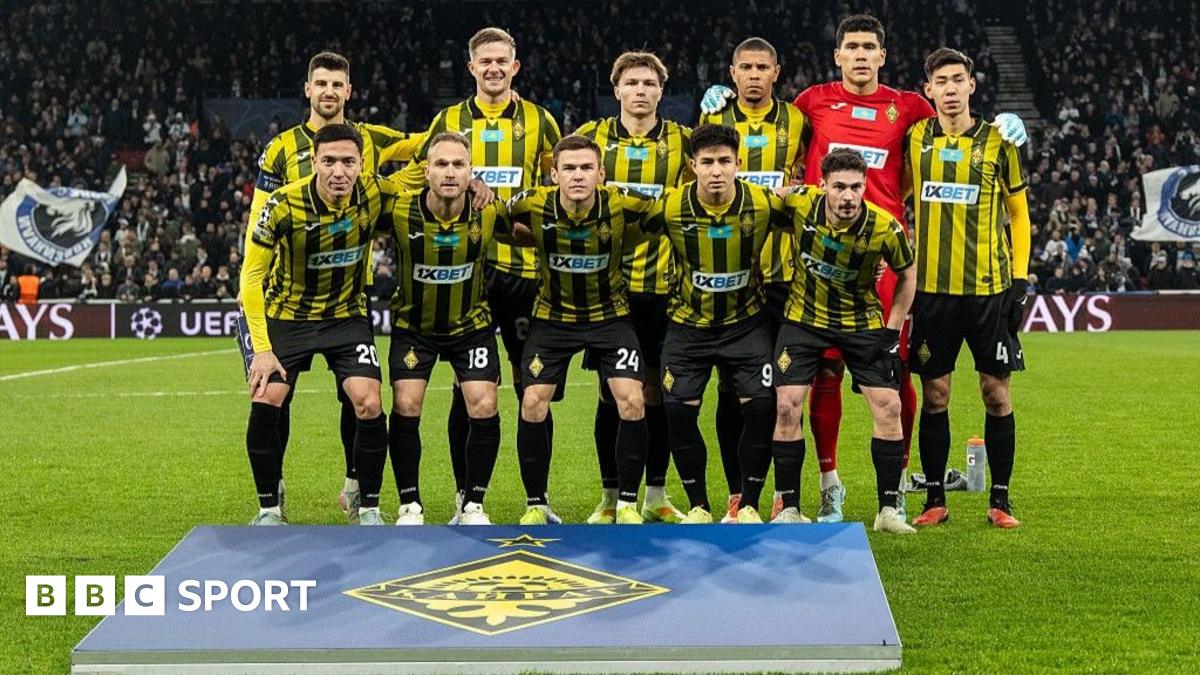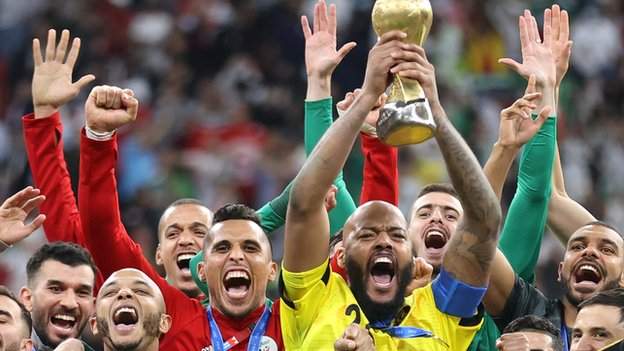Algeria won their maiden Arab Cup with a 2-0 win against Tunisia on Saturday after extra-time goals from substitute Amir Sayoud and Yacine Brahimi in Al Khor, a victory that backs up their credentials for the Africa Cup of Nations.
It also underscores north Africa’s domination in a tournament that served as a World Cup dress rehearsal for Qatari organisers.
The African champions needed 99 minutes to find the opener through Sayoud against a formidable Tunisian side, who created opportunities and danger of their own but failed to capitalise.
With the last kick of the game, talisman and Qatar-based Yacine Brahimi, clean through on goal, wrapped up the 2-0 victory in the 125th minute to deservedly crown Algeria champions after a formidable tournament.
Algeria had also left it very late in their semi-final against hosts Qatar when Youcef Belaili netted a winner in the 17th minute of injury time.
In response, Qatari club Qatar SC terminated Belaili’s contract.
On Instagram, Belaili, who had been at the Doha club since 2020, wrote: “Thank you very much to Qatar SC for the moments spent by your side and a huge thank you to the fans and the management. Now I am a free agent.”
On Saturday, both Algeria and Morocco demonstrated the best and the worst of North African derbies with fine build-up play and skillful combinations as well as sloppy passages of play and theatrical interludes.
There was nothing to separate the two sides in Doha until Sayoud struck left-footed in extra-time to leave Tunisia’s goalkeeper Mouez Hassen no chance.
Tunisia responded with chances for Mohamed Benalarbi and Ghailene Chaalali, but Brahimi decided the match when Tunisia left their goal undefended, wrapping up a two-week tournament that replaced the Confederations Cup as a warm-up event for the World Cup.
2022 World Cup test event
The African continent had six representatives at the tournament, last staged in 2012 but revived by Fifa in an expanded 16-team format to include more participants from across the Arab world and test Qatar’s readiness for the World Cup.
Both Sudan and Mauritania exited the competition bottom of their group, but Morocco emerged as strong contenders, scoring nine goals without conceding to be one of four teams – alongside Qatar, Algeria and Egypt – to progress unbeaten from the first round.
Algeria’s Arab Cup victory, however, reinforces their credentials to defend their continental crown in January when they start their campaign Ivory Coast, Equatorial Guinea and Sierra Leone in Group E.
In Qatar, Africa’s number side were without their major stars, including Manchester City’s Riyad Mahrez.
Countries often travelled with reserve squads because clubs were not compelled to release their players for the Arab Cup, a tournament outside of the Fifa calendar.
It allowed coaches to experiment and assess a number of fringe players in a bid to prepare for next month’s Nations Cup.
With Algeria, Tunisia and Egypt – whose fourth-place finished has intensified pressure on coach Carlos Quieroz – in the competition until the last day, the Arab Cup had a distinct North African flavour with fevered fans often igniting the storied rivalries in the stands.
More than 500,000 tickets were sold for the 32 matches across six stadiums, all World Cup venues, the bulk of which went to Qatari residents.
The Arab Cup allowed Qatar’s 2022 World Cup organisers to test operations and stage the matches in a bio-secure way through the introduction of Fan IDs and a local contract-tracing application.
The quarter-final between Qatar and the United Arab Emirates at the Al-Bayt Stadium drew 63,439 fans, the single highest attendance ever for a sporting event in Qatar.
The tournament confirmed Qatar’s hosting credentials ahead of next year’s global finals, which will kick off on November 21 and mark the culmination of the country’s decade of super-acceleration.
Qatar projects to spend $200 billion on infrastructure, including $6.5 billion directly on the World Cup, to stage the 28-day extravaganza next year, but the country’s reputation has been tested by allegations of corruption and human rights abuses.


